f you want the highest possible payout for your car accident injury claim, it’s crucial you avoid the mistakes I’m about to go over in this video. While there are certainly other mistakes you can make with your injury claim, in this video I’m going to discuss what I believe to be the five biggest mistakes. Also, stick around to the end of the video as I’ll be providing a bonus tip that can potentially help anyone injured in a car crash get a bigger settlement.
Mistake 1: Accepting a Lowball Settlement Offer
The first mistake to avoid is to not accept a lowball settlement offer for your injury claim shortly after your car accident. I have prospective clients call me all the time telling me they’ve been offered $500, $1,000, or even $5,000 or more for their injury claim by the insurance adjuster for the other driver shortly after the accident. Do not accept this offer. Your injury claim is almost certainly worth more than that lowball settlement offer the adjuster is making to you. An insurance company is a for-profit business. The goal of the insurance company is to make as much money as possible. They do not have your best interest in mind with making you a settlement offer shortly after your car accident. By making a lowball settlement offer shortly after the accident, insurance companies know that the statistics show that some injury victims will accept a low settlement offer shortly after their car accident, which can save the insurance company boatloads of money every year.
Mistake 2: Revealing Financial Desperation
The second mistake I see injury victims after a car accident make is telling the adjuster they need money as soon as possible. Do not reveal to the adjuster that you are desperate for money. If the adjuster knows you are desperate for money, it’s very likely that they will make lowball settlement offers to you knowing that you are more likely to take a low settlement offer because you are desperate for money. If you expect to get a fair and reasonable settlement offer on your case, do not let the adjuster know you need money badly.
Mistake 3: Ignoring Health Insurance Liens
The third mistake you need to avoid following a car accident is not factoring in your health insurance lien and not paying back your health insurance for accident-related treatment. In Kentucky, the state I practice in, and many other states as well, you get to claim in your injury claim the entire amount of your medical bills even though your health insurance, Medicaid provider, or Medicare provider may pay the medical provider bill at a discounted rate. Thus, it’s crucial when you are dealing with the other driver’s insurance company that you make sure they are valuing your claim for the entire amount of the medical charges. Also, it’s crucial that you pay back your health insurance out of your settlement at the end of your case as you are legally obligated to do so. Your health insurance has a lien on your injury. They are legally entitled to reimbursement out of your injury settlement. Keep in mind, that you can usually even negotiate with your health insurance company to get the amount the health insurance is owed lowered. The more you get the lien knocked down, the more money you will receive in your pocket. In the vast majority of the cases I handle, I have been able to get the health insurance lien reduced for my clients.
Mistake 4: Giving a Recorded Statement
The fourth mistake is giving a recorded statement to the other driver’s insurance company. It is not in your best interest to do this. If the other driver’s insurance company requests that you provide them with a recorded statement, just don’t do it. The main reason they want you to do this is so that you say something that hurts your case during the recording. Insurance companies will then retain lawyers to defend your lawsuit if you ever have to file a lawsuit that will use this as evidence against you and discredit you. So, never give a recorded statement to the other driver’s insurance adjuster.
Mistake 5: Failing to File a Lawsuit
The fifth mistake is when you fail to file a lawsuit when the insurance company is not making you a fair offer. Again, the goal of insurance companies is to make as much money as they possibly can. They do not want to fairly compensate you if they think they can get away with it. They know many injury victims will take a lower settlement so that they don’t have to go through a lawsuit. However, really, your only recourse if you don’t get a fair offer in your case is to file a lawsuit against the at-fault driver or your own insurance company if you had uninsured motorist coverage and the other driver was not insured. Filing a lawsuit starts to put more pressure on the insurance company. They will also have to pay a defense lawyer to defend the lawsuit. If you don’t get a fair and reasonable offer in your case, you’re making a big mistake that could cost you thousands upon thousands of dollars or even millions of dollars if you sustained severe injuries.
Bonus Tip
This all leads me to my bonus tip. After drafting a complaint, send a copy of the complaint to the insurance adjuster before you file it with the courts to initiate the lawsuit. The complaint is a legal document filed with the court at the start of the lawsuit that contains all the allegations alleged against the defendants in your case. Sending a copy of the complaint to the insurance company before you file the complaint with the court, shows the insurance company that you are serious about your claim and pursuing your claim further through the court system. Sometimes when the adjuster realizes you are this serious about pursuing your claim further, they will go ahead and make a higher offer on your case so it’s possible you could resolve your case after sending a copy of the complaint to the insurance adjuster.
Conclusion
Did you know it is usually not wise to settle your car accident injury claim shortly after your accident? To find out why, watch this video here or click on the link in the description below. And if you have been injured in a car accident in Kentucky, remember: don’t wait, call Tate.

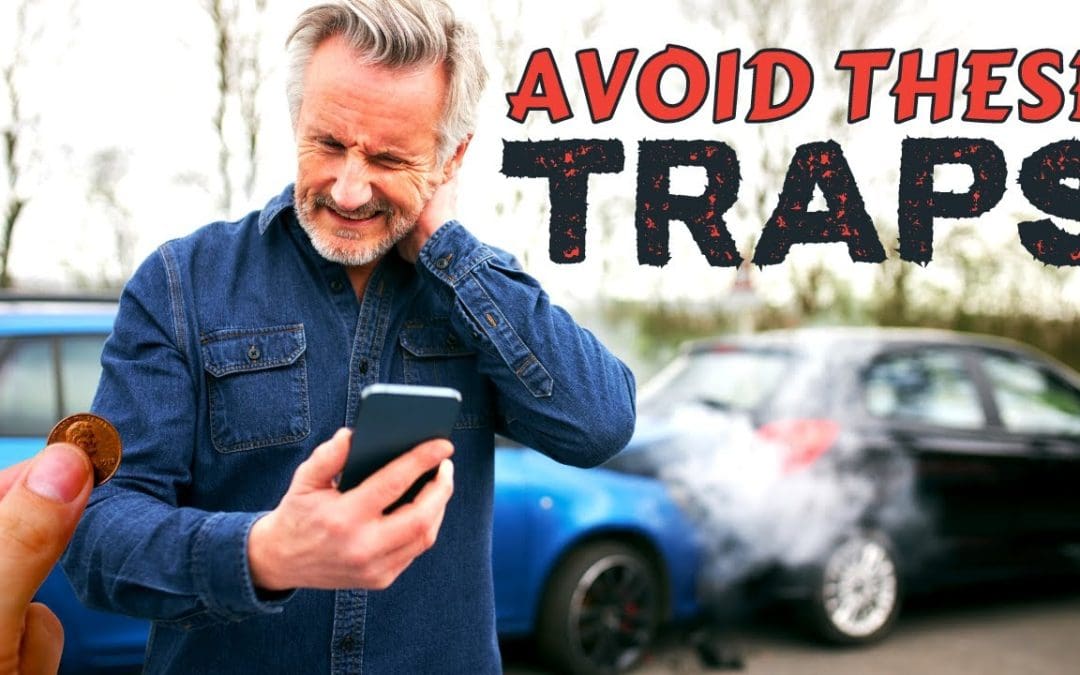

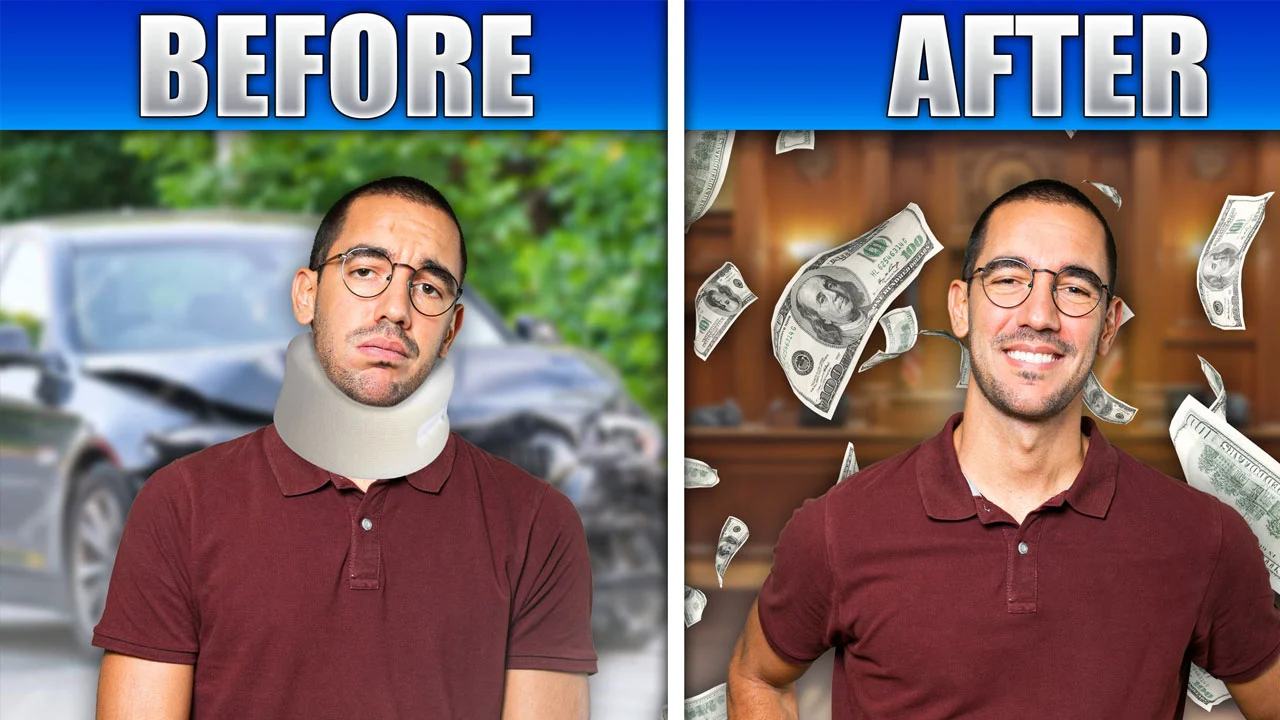

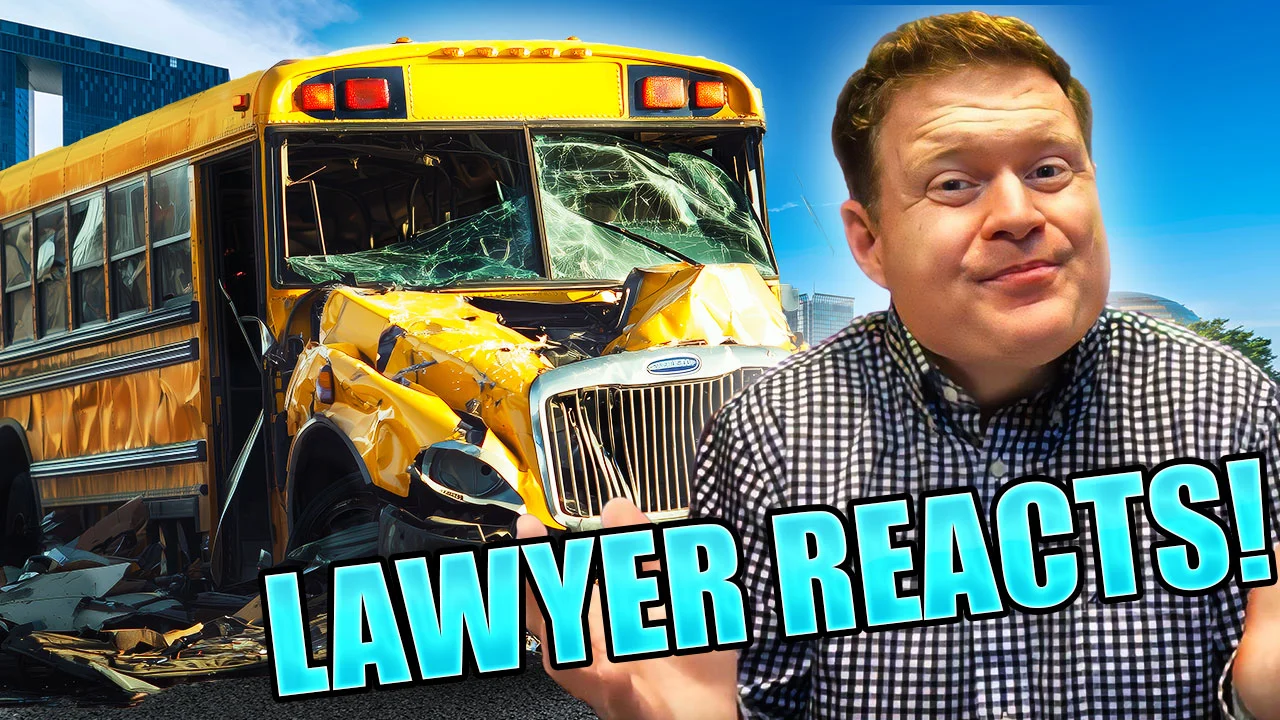
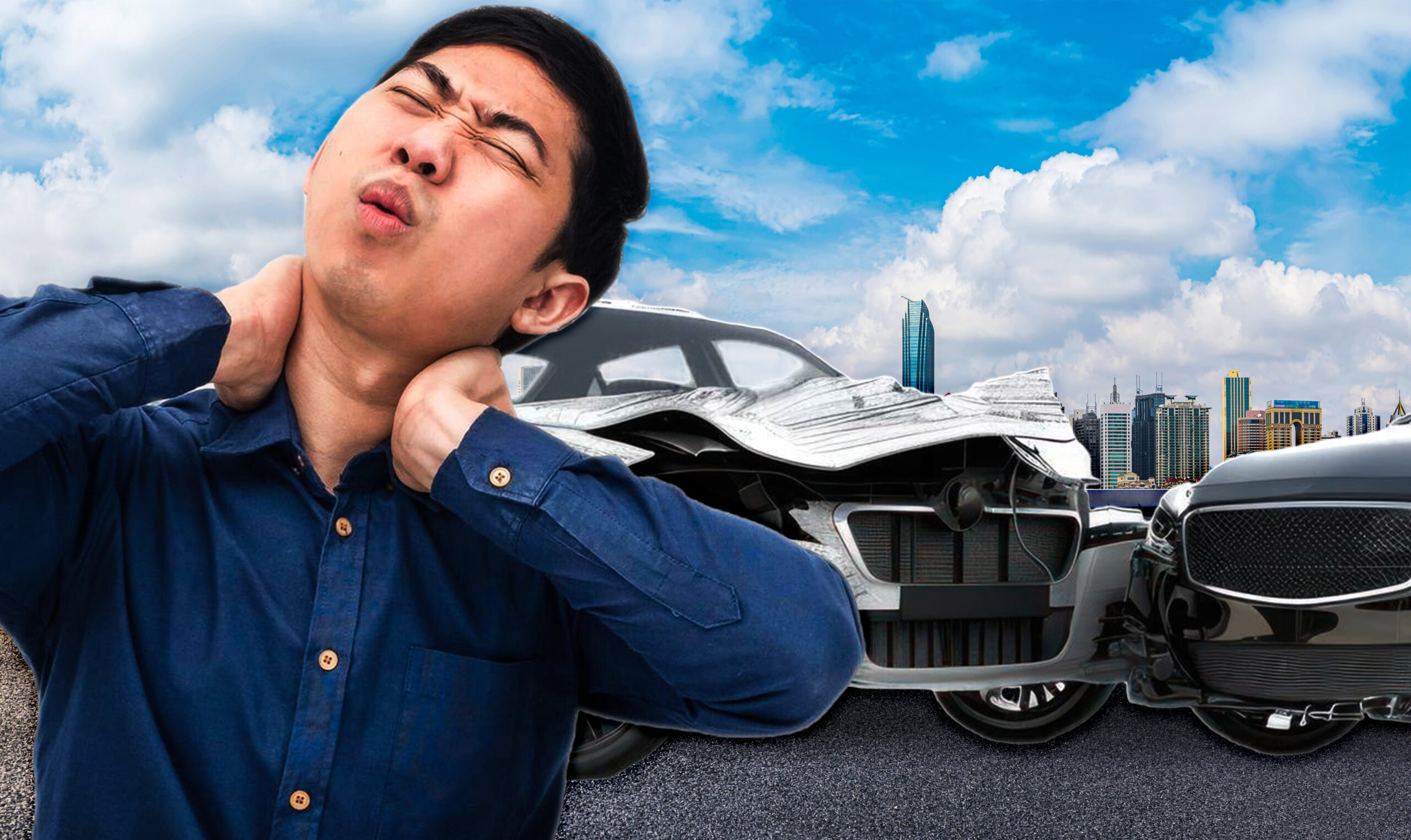
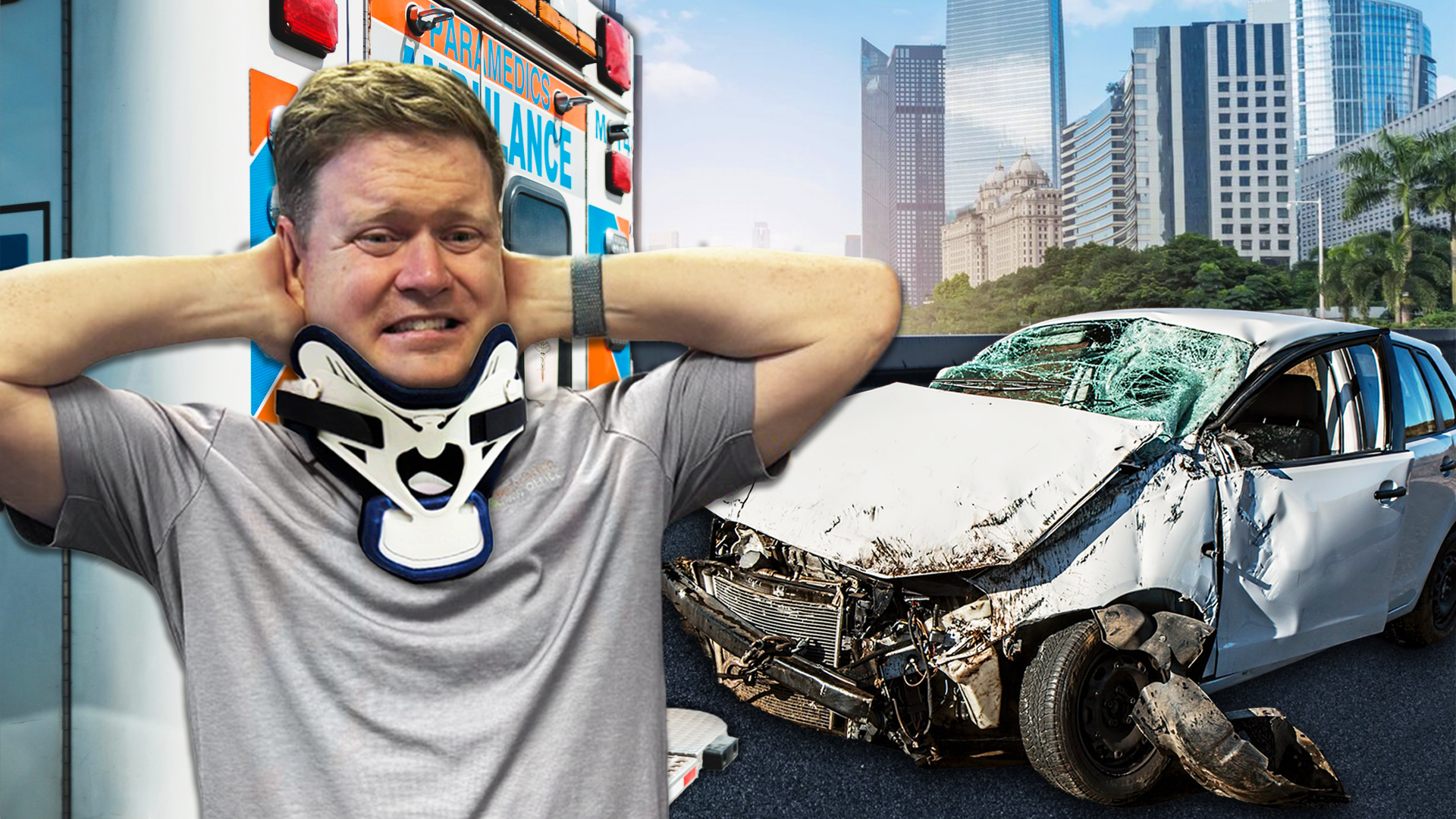
Recent Comments